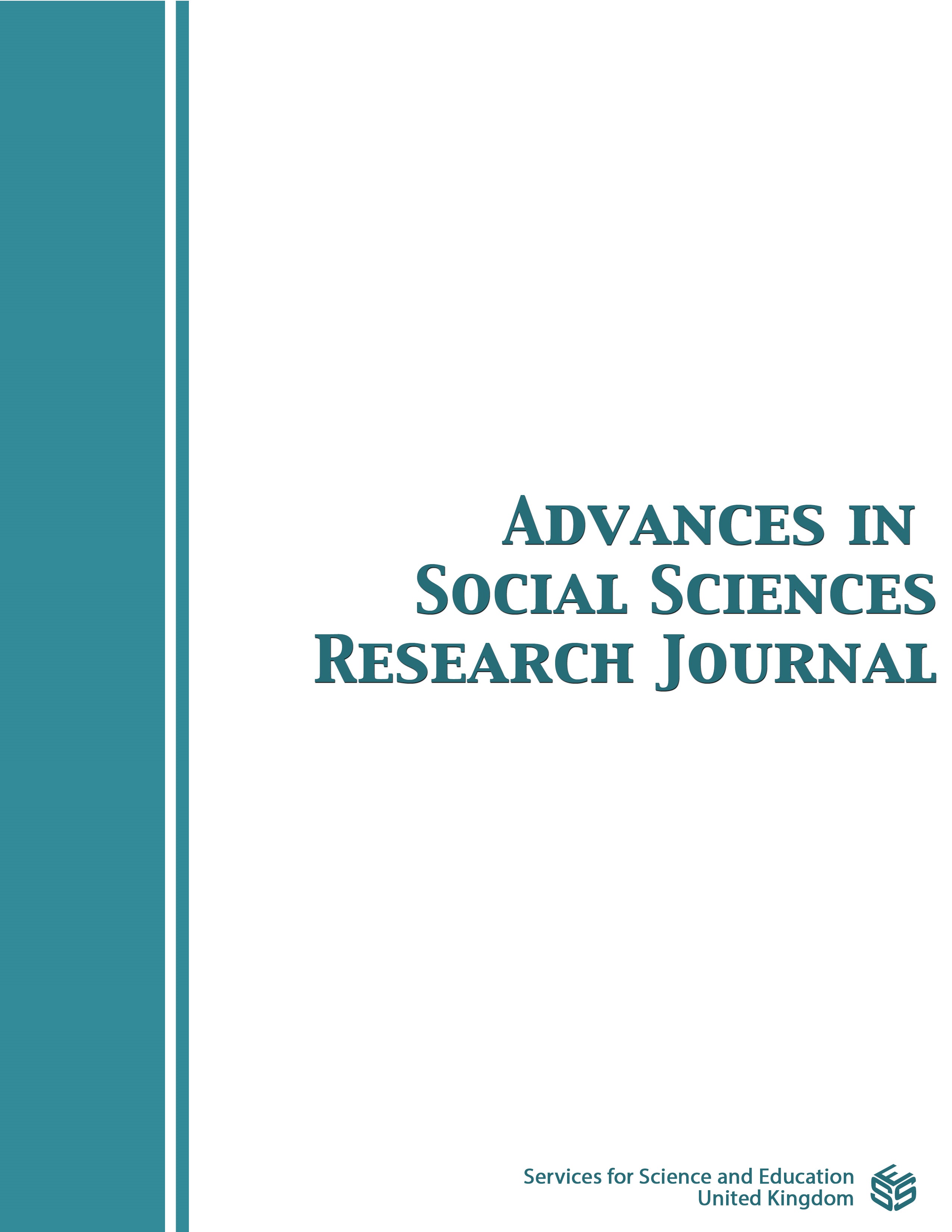The Culture Industry and Loss of Individuality in Aldous Huxley’s Brave New World
DOI:
https://doi.org/10.14738/assrj.912.13603Keywords:
Alienation, Brave New World, Commodification, Critical theory, Culture industry, Loss of individuality, Loss of family values, ReificationAbstract
When Theodore W. Adorno and Max Horkheimer, two of the most prominent figures of Frankfurt School, published their work Dialectic of Enlightenment in 1947, the Second World War had shaken the world and almost all hopes for humanity’s salvation were lost. The grand narratives such as Marxism, which had previously announced the coming of a fair and just revolution for the oppressed, and Humanism, which pointed the way to a harmonious existence of all humans, were all abandoned because the wars had shattered humanity’s hope in its own capabilities to achieve these ideals. Adorno and Horkheimer feared the dangers totalitarian and capitalist societies imposed on their citizens. Their assertion that late capitalism created a ‘culture industry’ which is used for the stupefaction and subjugation of people by turning them into uncritical masses is exemplified in Aldous Huxley’s novel, Brave New World. Huxley illustrates some of the key points that critical theory scholars make, such as commodification of culture, and alienation and reification of the individual. It is the aim of this research to analyse Brave New World in terms of Adorno and Horkheimer’s concept of ‘culture industry’, as specified in Dialectic of Enlightenment and the aforementioned key concepts of critical theory.
References
Adorno, Theodor. The schema of mass culture. In J. M. Bernstein (Ed.), The culture industry: Selected essays on mass culture, (pp. 61-97). Routledge, 2001.
Adorno, Theodor, and Max. Horkheimer, M. Dialectic of enlightenment. Stanford University Press, 2002.
Baker, Robert. Aldous Huxley: A Biography by Sybille Bedford. Contemporary Literature, 16 (4), 1975, 492-499. https://www.jstor.org/stable/1207614
Barr, Bob. Aldous Huxley’s Brave New World: Still a chilling vision after all these years. Michigan Law Review, 108 (6), 2010, 847-857. https://www.jstor.org/stable/40645848
Beauchamp, Gorman. The Shakespearean strategy of brave new world. Utopian Studies, 4, 1991, 60-64. https://www.jstor.org/stable/20718948
Draenos, Stan. The totalitarian theme in Horkheimer and Arendt. Salmagundi, 56 (Spring), 1982, 155-169. https://www.jstor.org/stable/40547556
Firchow, Peter. (1975). Science and conscience in Huxley's "brave new world”. Contemporary Literature, 16(3),301-316. https://www.jstor.org/stable/1207404
Firchow, Peter. (1976). Wells and Lawrence in Huxley's "brave new world". Journal of Modern Literature, 5 (2), 260-278. https://www.jstor.org/stable/3830944
Petrović, Gajo. Marx's theory of alienation. Philosophy and Phenomenological Research, 23 (3), 1963, 419-426. https://www.jstor.org/stable/2105083
Gunster, Shane. Revisiting the culture industry thesis: Mass culture and the commodityform. CulturalCritique,48(Spring),2000,40-70. https://www.jstor.org/stable/1354367
Holzer, Arnold. To reflect, to sit down: The Hinzutretende and Huxleyan characters in Horkheimer’s and Adorno’s philosophy. In D. G. Izzo & K. Kirkpatrick (Eds.), Huxley’s Brave New World: Essays, pp. 117-131. McFarland & Company, Inc, 2008.
Honneth, Axel. Reification. A new look at an old idea. Oxford University Press, 2005.
Huxley, Aldous. Brave new world revisited. Vintage Classics, 2004.
Huxley, Aldous. Brave new world. Vintage Classics, 2007.
McGiveron, Robert. On the literary and political allusions behind Huxley’s choice of names. In H. Bloom (Ed.), Bloom’s guides: Aldous Huxley’s brave new world, pp. 92-95. Chelsea House Publishers, 2004.
Meckier, Jerome. Aldous Huxley's Americanization of the "brave new world" typescript. Twentieth Century Literature,48(4), 2002, 427-460. https://www.jstor.org/stable/3176042
Miller, George. Political repression and sexual freedom in brave new world. In D. G. Izzo & K. Kirkpatrick (Eds.), Huxley’s Brave New World: Essays, 2008, pp. 17-25. McFarland & Company, Inc.
Protherough, Robert. Is culture an industry? The Kenyon Review, 21 (3/4), 1999, 135-146. https://www.jstor.org/stable/4337932
Rebentisch, Juliane, and Felix Trautman. The idea of culture industry. In P. E. Gordon, E. Hammer, & A. Honneth (Eds.), The Routledge companion to Frankfurt school, 2019, pp. 19-31. Routledge.
Rhode, Deborah. Feminist critical theories. Stanford Law Review, 42 (3), 1990, 617-638. https://www.jstor.org/stable/1228887
Wiggershaus, Rolf. The Frankfurt school: Its history, theories, and political significance. The MIT Press,1995.
Woiak, Joanne. Designing a brave new world: Eugenics, politics, and fiction. The Public Historian, 29(3),2007,105-129. https://www.jstor.org/stable/10.1525/tph.2007.29.3.105
Wolff, Richard, and Stephen Cullenberg. Marxism and post-marxism. Social Text, 15, Autumn 1986, 126-135. https://www.jstor.org/stable/466496
Downloads
Published
How to Cite
Issue
Section
License
Copyright (c) 2022 Ardeniz Özenç

This work is licensed under a Creative Commons Attribution 4.0 International License.
Authors wishing to include figures, tables, or text passages that have already been published elsewhere are required to obtain permission from the copyright owner(s) for both the print and online format and to include evidence that such permission has been granted when submitting their papers. Any material received without such evidence will be assumed to originate from the authors.






